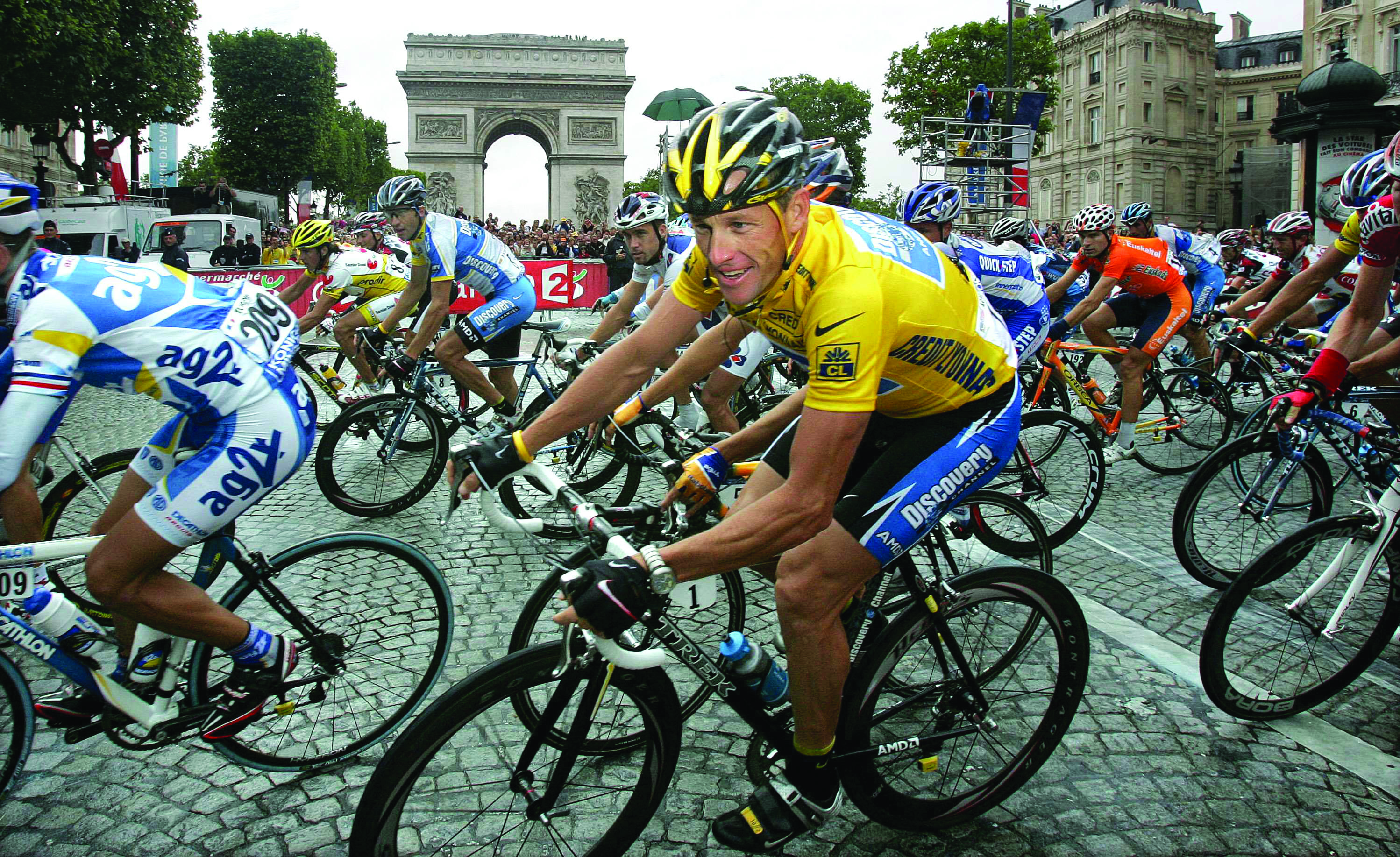Armstrong, Lance (1971-…), an American cyclist, gained international fame by winning the Tour de France from 1999 through 2005. The Tour de France is the world’s most prestigious bicycle race. Armstrong became the first cyclist to win the race seven consecutive times. The previous recordholder, Miguel Indurain of Spain, had won the race five consecutive times, from 1991 through 1995.

Throughout his racing career, Armstrong faced charges that he took illegal drugs to improve his performance during races. Armstrong denied the claims, stating that he had passed every drug test administered to detect doping. In 2010, the United States Anti-Doping Agency (USADA) began an investigation of Armstrong that led to accusations of illegal doping. After fighting the USADA’s investigation for many months, Armstrong announced on Aug. 23, 2012, that he would end his fight against the drug charges. However, he still insisted he was innocent of all doping violations. The USADA immediately announced it would strip Armstrong of his seven Tour de France titles and the bronze medal he won at the 2000 Summer Olympic Games as well as other awards and titles and banned him from cycling for life. In October 2012, the International Cycling Union (ICU), the international governing body for cycling, accepted the USADA action. In a television interview in January 2013, Armstrong admitted he had been involved in doping during his cycling career.
Lance Edward Gunderson was born on Sept. 18, 1971, in Plano, Texas. In 1974, his mother married Terry Armstrong, who adopted Lance. Early in his youth, he competed in triathlons, a type of race that consists of swimming, cycling, and running. He began his professional cycling career in 1992 as a member of the Motorola, Inc. (now called Motorola Solutions, Inc.) cycling team. In 1993, Armstrong won the World Cycling Championships, held in Oslo, Norway. He captured the Tour DuPont, the best-known bicycle race in the United States, in 1995 and 1996.
Armstrong’s 1999 victory in the Tour de France capped a courageous comeback in a fight against cancer. In 1996, he learned that he had testicular cancer and that the disease had spread to his abdomen, lungs, and brain. After 18 months of treatment that included chemotherapy and surgery, Armstrong returned to competitive cycling in 1998. Armstrong wrote two volumes of memoirs: It’s Not About the Bike (2000) and Every Second Counts (2003). Armstrong retired after the 2005 Tour de France but returned to racing in 2008. He finished third in the 2009 Tour de France. In 2011, Armstrong again announced his retirement from competition.
